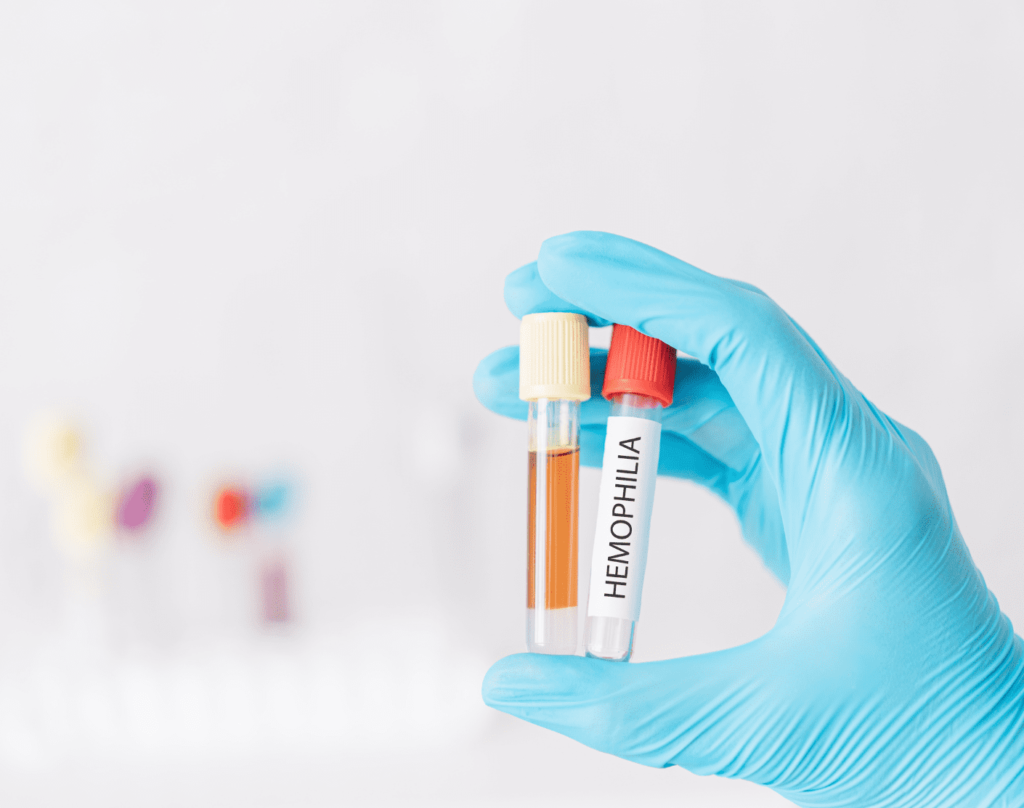Pfizer’s recent advancements in gene therapy have shown significant promise in reducing bleeding episodes for hemophilia patients, marking a potential breakthrough in the treatment of this chronic condition. Hemophilia, a genetic disorder that impairs the body’s ability to make blood clots, can lead to spontaneous and prolonged bleeding. Current treatments often involve regular infusions of clotting factor concentrates, which can be burdensome for patients and their families. Pfizer’s innovative gene therapy approach offers hope for a more effective and lasting solution.
Understanding Hemophilia and Current Treatments
Hemophilia is primarily categorized into two types: Hemophilia A, caused by a deficiency in clotting factor VIII, and Hemophilia B, caused by a deficiency in clotting factor IX. Both types result in an inability to form stable blood clots, leading to excessive bleeding and joint damage. Traditional treatment involves intravenous infusions of the missing clotting factor, often needed multiple times a week.
While these treatments have significantly improved the quality of life for hemophilia patients, they come with challenges. The frequent infusions can be painful, time-consuming, and expensive. Additionally, some patients may develop inhibitors against the clotting factor, rendering the treatment less effective.
The Promise of Gene Therapy
Gene therapy represents a revolutionary approach to treating genetic disorders by targeting the root cause. Pfizer’s gene therapy for hemophilia involves delivering a functional copy of the deficient gene directly into the patient’s cells. This therapy aims to provide a long-term solution by enabling the patient’s body to produce the necessary clotting factor on its own.
Recent clinical trials conducted by Pfizer have demonstrated remarkable results. Patients treated with the gene therapy showed a significant reduction in bleeding episodes and a decreased need for clotting factor infusions. In some cases, patients experienced complete cessation of spontaneous bleeds, transforming their lives dramatically.
Clinical Trial Results
The data from Pfizer’s clinical trials are compelling. Patients with Hemophilia B who received the gene therapy experienced a 91% reduction in annual bleeding rates. Additionally, these patients also showed a sustained increase in factor IX levels, indicating the therapy’s effectiveness in promoting long-term clotting factor production.
These results suggest gene therapy could become a one-time treatment for hemophilia, eliminating regular infusions and significantly improving patient outcomes. The reduced frequency of bleeding episodes enhances patients’ quality of life and lowers the risk of long-term joint damage and other complications.
Future Implications
Pfizer’s gene therapy breakthrough opens new avenues for the treatment of hemophilia and other genetic disorders. As research continues and the therapy undergoes further validation, it could become a standard treatment for hemophilia patients worldwide. This advancement underscores the need for ongoing investment in gene therapy research and development, offering hope for more effective and sustainable treatments for various genetic conditions.
Conclusion
Pfizer’s innovative gene therapy for hemophilia represents a significant milestone in the quest for more effective treatments. By reducing bleeding episodes and promoting long-term production of clotting factors, this therapy has the potential to transform the lives of hemophilia patients. As clinical trials progress and more data becomes available, the medical community remains hopeful that gene therapy will soon become a reality for those living with this challenging condition.



